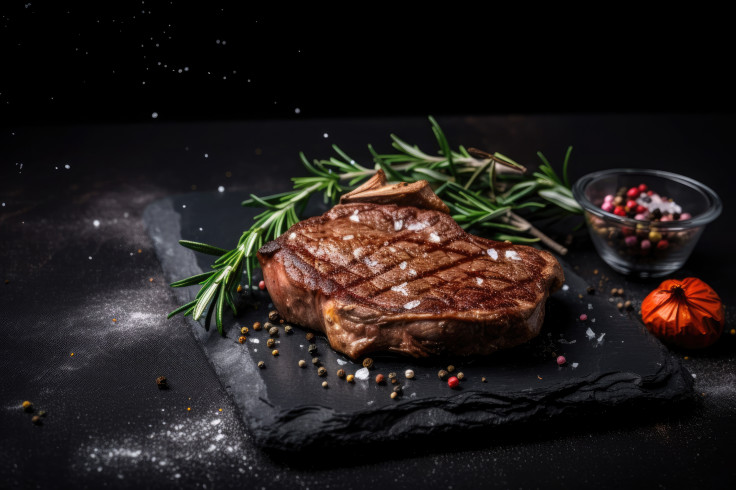
Holy Week, or 'Semana Santa' as it's known in Spanish, is one of the most observed traditions among Latino Catholics around the world and in the U.S. While many faithful are far from home and unable to participate in religious processions, they might choose to follow the dietary customs by abstaining from consuming red meat.
"Holy Week" is the Christian festival that commemorates the final moments of Jesus of Nazareth on Earth, known as the "Passion of Christ," which concludes with the Easter Resurrection.
Furthermore, it is a week within the context of Lent, the 40-day liturgical period dedicated to purification and spiritual preparation preceding these events.
Holy Week does not occur on the same date every year because it follows lunar cycles rather than the Gregorian calendar. In 2024, Easter Sunday will be observed on March 31st, as it falls on the Sunday following the first full moon after the autumnal equinox in the Southern Hemisphere.
While in the U.S. "Semana Santa" isn't a nonworkable holiday, many countries in the continent celebrate this religious occasion with national holidays, such as Peru, Colombia, and Argentina, the Pope's homeland.
Catholicism is widely practiced in Latin America, with almost 69% of the population identifying as followers of that faith. The region also stands out representing almost 35% of the Catholic population worldwide, according to the Vatican's official statistics.
When and Why is Meat Avoided During Holy Week?

Many devout adherents choose to honor their faith by refraining from eating of red meat, especially on Good Friday—a pivotal date in Christianity that commemorates the crucifixion and death of Jesus of Nazareth during the reign of the Roman Emperor Tiberius Julius Caesar Augustus.
In observance of this sacred occasion, the Catholic Church urges its faithful to abstain from red meats, as they symbolically represent Christ on the cross. The consumption of such meats is viewed as a direct affront to the Christian Messiah.
The Catholic Church also recommends to its faithful to abstain from red meat as penance during this period and to commemorate the sacrifice of Christ, as tradition considered it to be a more expensive food, only consumed during times of celebration.
Historically, this prohibition was even more stringent, encompassing Ash Wednesday (which fell on February 14th in 2024) and all Fridays throughout Lent, as well as the eves of other holidays, including Saturdays.
Currently, in addition to Good Friday, which falls on this Friday, March 29th, many Catholics also observe abstaining from red meat on the Saturday before Easter Sunday.
In contrast, Easter Sunday marks a jubilant celebration of the resurrection of the Son of God. It's a day when Catholics set aside their penitential practices and indulge in a feast of red meat, symbolizing the triumphant return of Christ in both body and spirit.
© 2024 Latin Times. All rights reserved. Do not reproduce without permission.







